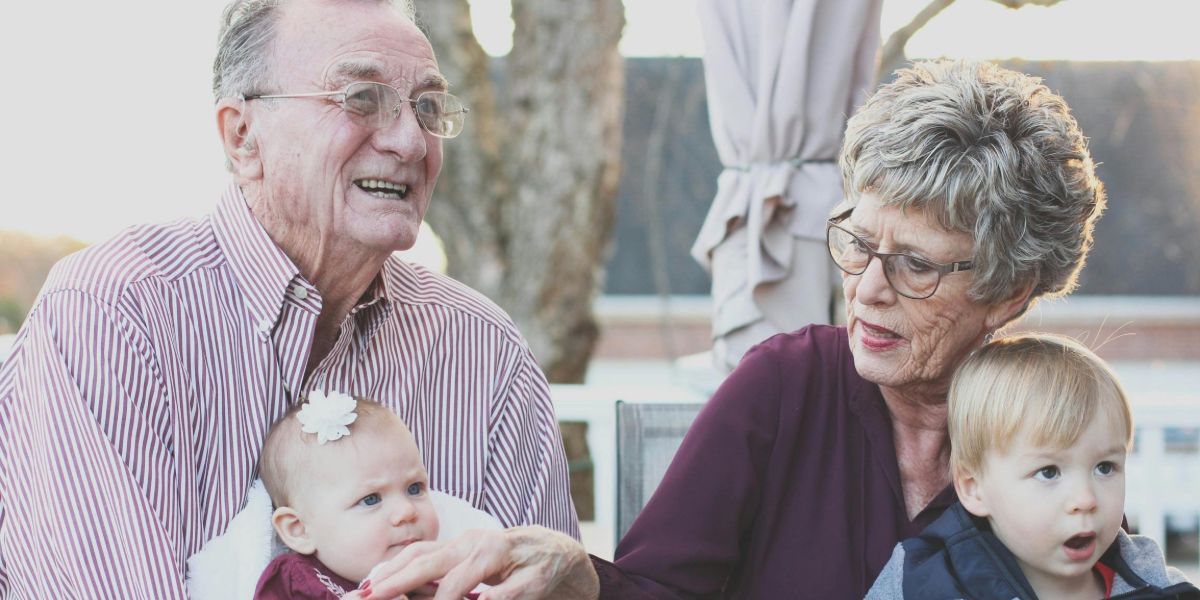The Psychological Effects of Social Media and Their Link to Substance Abuse
Social media mental health effects include anxiety, depression, low self-esteem, FOMO, cyberbullying, and links to substance abuse in youth.
Influencers, Celebrity Culture, and the Normalization of Drug Use on Social Media
Influencer and celebrity culture on social media normalizes drug use among adolescents by glamorizing substance use and lowering perceived risks.
The Role of Social Media in Promoting Drug Awareness and Recovery
Social media drug awareness and recovery support: education, prevention, community, and resources for healthier choices.
How Social Media Influences Teen Drug Use
Explore how social media influences teen drug use, shaping behaviors, perceptions, and mental health while promoting substance normalization and peer-driven risks.
ChampVA Substance Abuse Treatment Options for VA Family Members
Explore how CHAMPVA helps spouses and dependents of veterans access detox, rehab, MAT, and outpatient care for substance abuse. Learn what’s covered and how to begin treatment.
ChampVA Addiction Treatment Recommendations for VA Family Members
Explore how CHAMPVA insurance helps spouses and dependents of veterans access addiction treatment. Learn about covered services, inpatient and outpatient options, and luxury rehab programs like Carrara.
Luxury Rehabs in California That Accept CHAMPVA Insurance
Explore top-rated luxury rehab centers in California that accept CHAMPVA insurance. Discover private, veteran-sensitive addiction treatment in serene, high-end environments.
TriWest Addiction Treatment Recommendations for Active and Retired Military Personnel and their Dependents
Discover how Carrara Rehab partners with TriWest to provide veterans with top-tier addiction treatment, including detox, inpatient, outpatient, and family therapy—all in a luxurious, veteran-friendly setting.
TriWest Health Insurance Substance Abuse Treatment Options
Discover the substance abuse treatment services TriWest covers, including detox, inpatient rehab, outpatient programs, and MAT. Learn how veterans can access premium care through VA Community Care.
Top Luxury Rehabs in California That Accept TriWest Insurance
Discover 13 elite rehab centers in California that accept TriWest insurance. Explore veteran-focused, luxury facilities like Carrara Treatment offering personalized, private addiction care.










